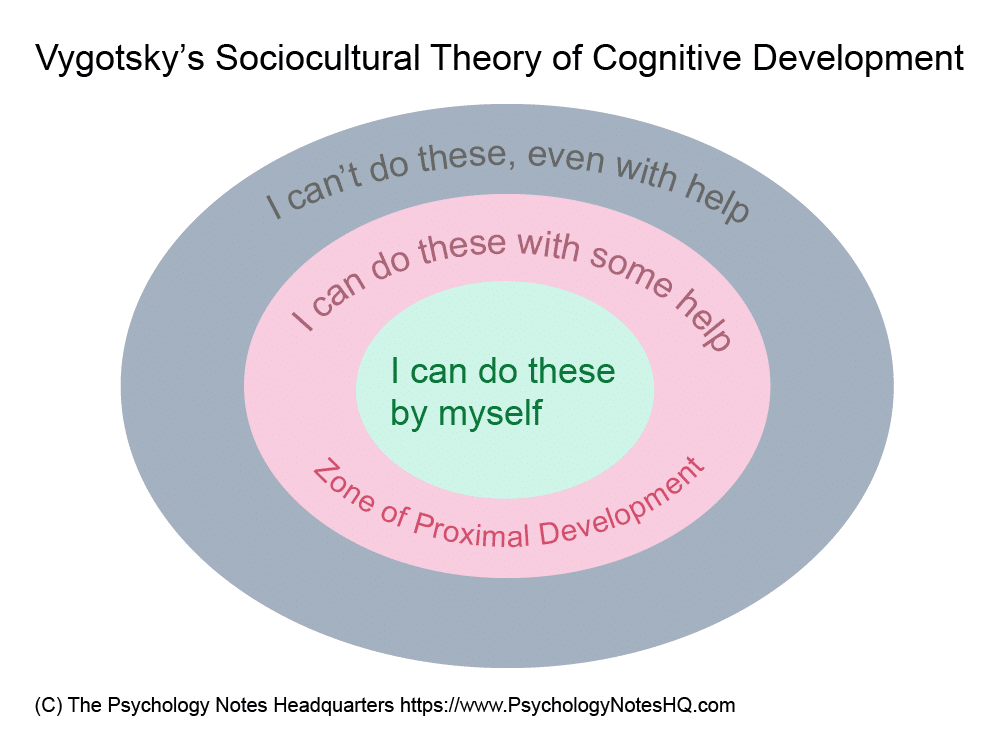So, here we all sit, settling into another sequential week of sequestered sheltering and supreme seclusion, many of us working from home and many of us not. As a certified teacher with a license in EC, ESL, AIG and Classroom Education, and as a member of The National Center for Outdoor & Adventure Education’s (NCOAE) leadership team, I admit I was caught off balance by the virus named “SARS-CoV-2” and the disease it causes, named coronavirus disease 2019 (COVID-19).
Like getting smacked upside the head by a wayward surfboard.
This stay-at-home edict forced me to search, find, and deliver a completely new approach to educating my students. And I had zero time to waste. There were students to contact. More important — I had to learn ways to communicate with them face to face and get them engaged through online platforms. And I felt the pressure to do all of this ASAP!
I quickly discovered that my side was already behind — and hindered by handicaps. The major hurdle? I have never owned a cell phone. Essentially, I’m a caveperson. Then I remembered what it is we outdoor and adventure educators constantly preach to our students: Step out of your comfort zone and adapt in the time of coronavirus.
It was time for me to do just that. Over the first few weeks operating under shelter in place orders, I learned how to use Zoom for video conferencing and Google classroom for creating, distributing, and grading assignments in a paperless way. I also quickly adapted and learned how to use additional online platforms to connect with students, co-workers, and community members. And through this process, I learned that our new and hopefully temporary wilderness is the Internet, where we continue the exploration of creativity and the delivery of instruction.
Below was my checklist to guarantee powerful instruction and an element of adventure for my students:
- I borrowed a camera
- Learned to shoot video, edit that video and record voice overs
- Learned how to navigate instructional platforms and insert content
- Became more critical of my instruction and worked toward improvement
The result, I believe, was an adventure in education — taught indoors, fueled by innovation.
Lev Vygotsky Sociocultural Theory of Cognitive Development
This is probably as good a place as any for me to introduce you to Lev Vygotsky, an early 20th century Russian psychologist, best known for his sociocultural theory for education. He believed parents, caregivers, peers, and the culture at large is responsible for developing higher-order functions. In other words, social interactions play a critical role in learning, and we learn best through such interaction and dialogue.
Vygotsky said our culture influences the learning process through imitation, guided learning, and collaborative learning. So, if you ever had a great teacher, mentor, or friend help you master a task or concept and move beyond your current limitations, this Russian’s theory was likely a help in that process.
Ah, you say, but these days we’re supposed to be practicing physical distancing!
Yeah, we know. So, it was high time for me to learn how to use platforms for communication during a global health pandemic, such as the one we’re experiencing right now. The answer for me was to apply what we know currently to future situations in order to make steps towards mastery. And if we really want to accomplish this, we need help — scaffolding by others gives us support and hold us accountable.
Here’s what I came up with as a plan of action for housebound teachers and learners:
- Decide what you want to learn or what you need to teach (for fun or work).
- Make a plan and stick to it.
- Choose a platform in which to engage.
- Be consistent and work efficiently toward your objectives.
Help is Available in the Realm of Adventure-based Distance Learning
If you or your organization is looking for custom, long-distance learning opportunities, please contact us here at NCOAE, where we’re known for designing custom programs to meet your exacting needs.
Meanwhile, below are a few links to sites offering FREE information on skills you can develop at home. And, much like Vygotsky’s theory, maybe you can pass on these skills to your family, friends, or class. Because, maybe like me, it’s time you stepped out of your comfort zone?
For Your Own Safety, Please Learn These 18 Basic Knife Skills
Inside the Whimsical but Surprisingly Dark World of Rube Goldberg Machines
TALK TO US
Have any further questions about our courses, what you’ll learn, or what else to expect? Contact us, we’re here to help!

Leave a comment